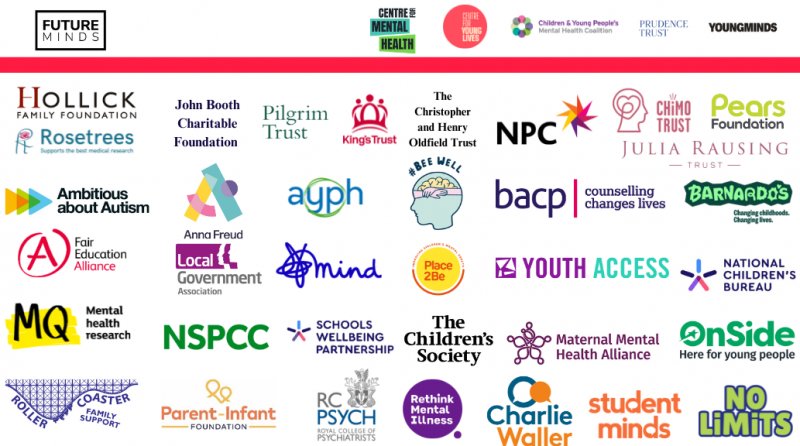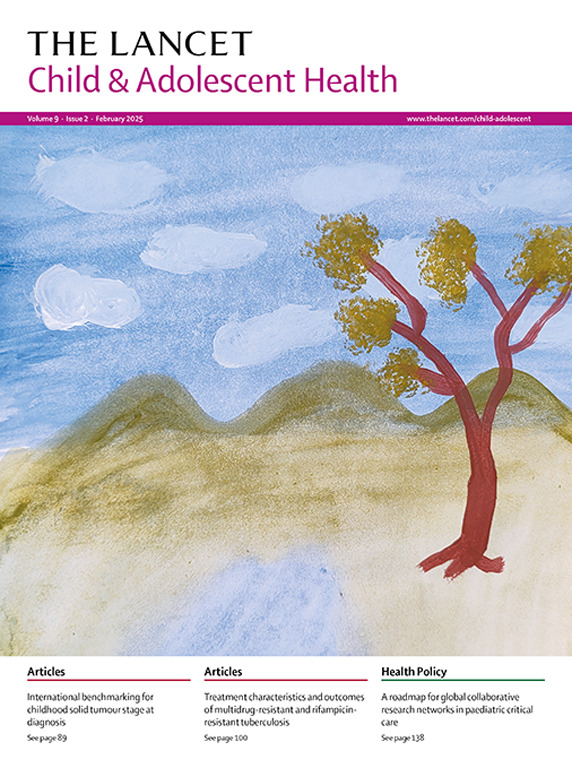Posts by Vineeth
New insights into how the brain controls neuronal activity
A Rosetrees-funded study has shed new light on the mechanisms underlying brain stability with important implications for psychiatric conditions. Researchers identified key processes that enable neurons in the cerebral cortex to maintain a precise balance between excitation and inhibition—a balance essential for normal cognitive function, learning, and brain plasticity. However, during changes in brain activity,…
Read MoreNew AI-based system to help treat paediatric patients in intensive care
UK researchers at Imperial College have teamed up with the Children’s Hospital of Orange County (CHOC) in California to develop AI support systems for paediatric intensive care. The researchers, aided by clinicians, are training an ‘AI Clinician’ model to help paediatric doctors make complex decisions and provide faster and more accurate treatment recommendations for critically…
Read MoreUncovering Cancer’s Weak Spots: Dr. Stefan Antonowicz Awarded Fellowship for Innovative Oesophageal Cancer Research
Rosetrees is proud to be jointly funding a Clinician Scientist Fellowship with Cancer Research UK (CRUK), supporting Dr. Stefan Antonowicz in his pioneering research to improve outcomes for patients with oesophageal adenocarcinoma—a particularly aggressive and hard-to-treat form of cancer. This partnership exemplifies our shared commitment to funding cutting-edge research that can lead to real-world patient benefit. Dr…
Read More‘FUTURE MINDS CAMPAIGN’ WARNS OF A TRILLION-POUND COST OF FAILING TO TACKLE THE CHILDREN’S AND YOUNG PEOPLE’S MENTAL HEALTH CRISIS
Four of the UK’s leading children and young people’s mental health organisations have joined forces to launch the ‘Future Minds Campaign’, calling on the Government to deliver urgent reform and investment to boost children’s mental health services in its forthcoming Spending Review and 10 Year NHS Plan. New Research from Future Minds Campaign New research…
Read MoreHuge rise in mental health admissions for young people in last decade
Admissions of children (up to the age of 18) with mental health conditions to general acute medical wards in England rose by 65% between 2012 and 2022, according to a new study by UCL researchers. This means that doctors are treating almost 40,000 children with acute mental ill health in general wards every year, up…
Read MoreNew study reveals how immune cells play a key role in movement
In a groundbreaking collaborative study supported by Rosetrees, scientists from Imperial College London and the University of Copenhagen have unveiled a novel mechanism by which specialised macrophages control muscle contraction and locomotion. Their discovery contrasts with the previous assumption that movement is only controlled by the nervous system. The researchers identified a macrophage population, known…
Read MoreRosetrees and Race Against Dementia team up to drive out dementia
Six outstanding UK dementia teams funded through new £4.2m programme Together with Race Against Dementia, Rosetrees is proud to announce funding for six top UK dementia teams researching treatments or ways to prevent dementia. 70 teams from across the UK applied to the Race Against Dementia Teams Award launched in June 2023. Through a rigorous…
Read MoreNew study reveals molecular causes of rare neurological condition in children
A new study led by Rosetrees-funded scientists at UCL Queen Square Institute of Neurology has identified the molecular defects underlying a complex developmental brain condition in children. The researchers investigated the role of a specific regulatory protein in the brain known as acyl-CoA-binding domain-containing protein 6, or ACBD6. Up until now, the implication of defects…
Read MoreStem cell-derived model of the post-implantation human embryo
Researchers at the University of Cambridge and in the U.S. have created an embryo-like model from human stem cells to better understand post-implantation embryo development. This 3D structure derived from pluripotent stem cells replicates some developmental processes that occur in early human embryos. With this model, researchers can now probe key questions of human post-implantation…
Read MoreDonor motor neurons could restore muscle function in amyotrophic lateral sclerosis (ALS)
Scientists led by UCL Queen Square Institute of Neurology have detailed how a combination of grafted replacement motor neurons and optical nerve stimulation – using light to activate neurons – can improve muscle function in a highly aggressive mouse model of ALS. Their research in mice, published as an eLife Reviewed Preprint, provides convincing evidence…
Read More





